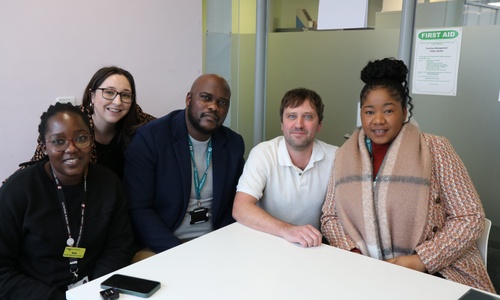
News & Views

BlogsFor CandidatesFor Clients
What 2026 Means for the World of Work
2026 is shaping up to be a year of clarity and purpose in the world of work. Find out what candidates and employers are prioritising this January, and how we can help you start the year strong.
For ClientsNews
How to Attract Gen Z Talent in 2025
Gen Z is changing what they expect from employers — and it’s not just about salary. From purpose-led values to flexible working, find out what really matters to Gen Z candidates in 2025 and how you can attract them. Whether you're hiring or job-hunting, this blog has the insights you need to stay ahead.

Workplace Culture
Alcohol in the Workplace: Finding the Right Balance
Alcohol often has a place in workplace culture — but when it becomes expected, it can impact health, productivity, and inclusion. This blog explores how organisations and individuals can create a more thoughtful, balanced approach to alcohol at work.

For CandidatesFor Clients
Navigating Political Talk at Work: A Guide for Employees and Employers
With so much happening in the world, political conversations are becoming more common at work. This blog explores how both employees and employers can approach them thoughtfully — balancing openness with respect and professionalism.

For Clients
Making Workplaces Sustainable
Discover simple, practical ways to make your business more sustainable — without breaking the bank. From renewable energy to green travel incentives, here’s how to build a workplace that’s better for people and the planet.

For Clients
Education Recruitment Starts Now: Making the Most of Summer
Summer might seem quiet in education, but it’s a key time for planning, retention, and recruitment. This blog explores why acting early can save last-minute stress—and how schools and colleges can use the summer to support staff, prevent burnout, and attract top talent for September.

For Clients
Recruitment with Purpose: Supporting Social Workers from South Africa to Somerset
Learn how Morgan Hunt’s International Social Worker Recruitment Programme is helping Somerset Council address workforce shortages. See how we provide end-to-end support for social workers from Southern Africa.
